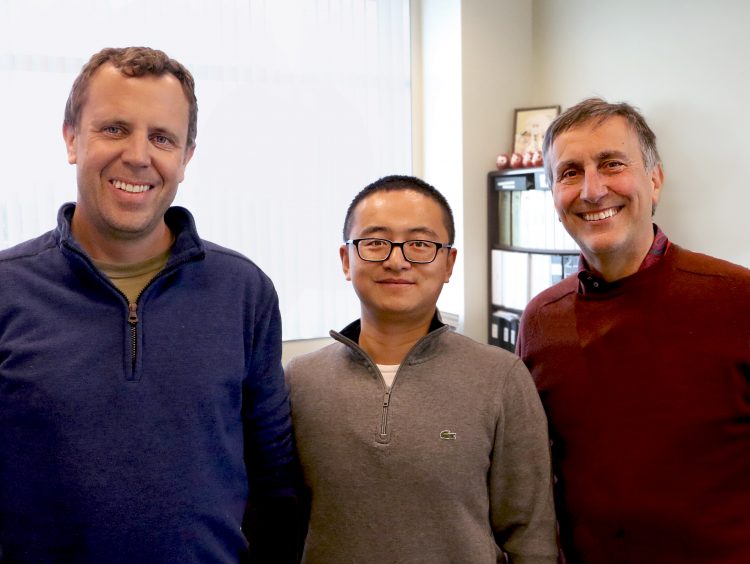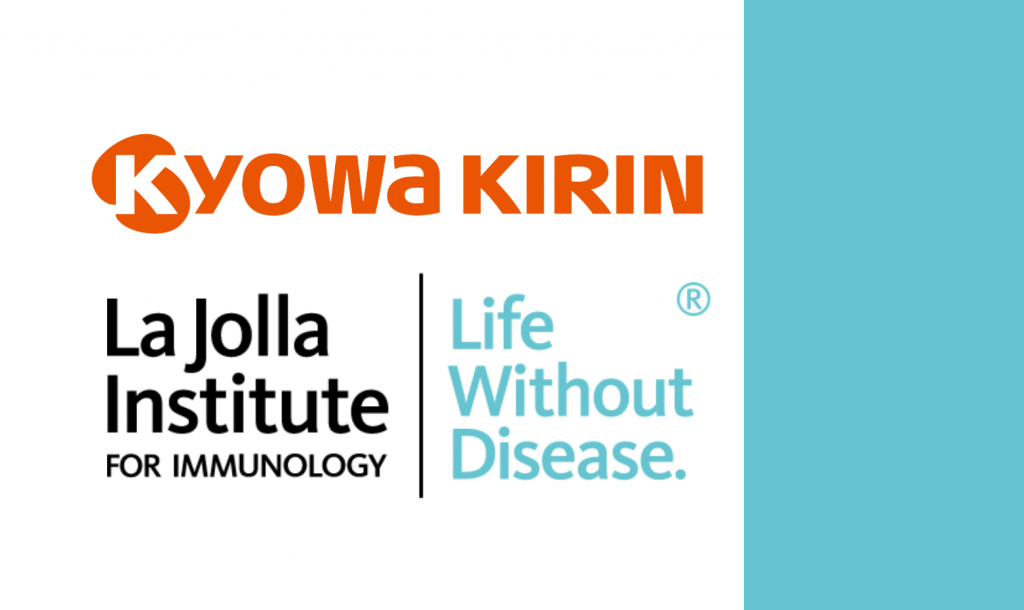LA JOLLA, CA—Yuan Tian, Ph.D., a postdoctoral fellow in the lab of Alessandro Sette, Dr. Sci. Biol., at La Jolla Institute for Immunology (LJI) has been selected as a recipient of the American Association of Immunologists’ newly established Intersect Fellowship. The fellowship program encourages understanding and communication between immunology researchers and computational scientists by providing one year of salary support for a postdoctoral fellow working in an immunology laboratory to train in a computational laboratory or vice versa.
The composition of the immune system not only varies from person to person, but over time—shifting as it encounters viruses and bacteria, as our health changes, and as we age. New technologies that map out these differences, such as next-generation genome sequencing and high-resolution immunoprofiling, create an immense and continually growing flood of data, leaving scientists racing to keep up.

“Immunology has fully entered the big data era and making sense of the explosion of data requires both deep knowledge of immunology and computational expertise,” says immunologist Tian, who will join the lab of computational biologist Bjoern Peters, Ph.D., for the duration of the fellowship. “I am very excited about the opportunity to take a deep dive into computational biology and learn bioinformatics skills to generate novel insights into human immunology from the enormous amount of data we generate every day in the lab.”
Tian will apply his newly acquired expertise to profiling the immune system’s response to dengue virus. Dengue is a viral infection caused by four types of closely related viruses, which are transmitted through the bite of infected Aedes mosquitoes. In most cases, the infection causes flu-like symptoms but the illness may progress to its more severe forms including dengue hemorrhagic fever and dengue shock syndrome, which can potentially become life-threatening. Currently, 40 percent of the world’s population is at risk from dengue—and there is no available treatment or effective vaccine.
During the fellowship period, Tian will specifically focus on T cells, since they directly affect the development of immunity as well as the risk of severe disease. He will analyze dengue-specific T cell subsets in individuals from Sri Lanka, where dengue virus is endemic. These individuals have been infected with dengue virus multiple times; and therefore, he expects that they have developed some extent of natural immunity against severe DENV diseases. “I hope that by providing a benchmark of protective immune signatures, my work will not only guide the efforts to develop effective dengue vaccines but also improve our understanding of the differentiation and function of human antigen-specific T cell subsets.”
Born and raised in China, Tian received his bachelor’s degree from Tianjin University in Tianjin City. In 2011, he moved to the United States and began his graduate work at the University of Alabama at Birmingham, where he studied the therapeutic potential of interleukins in the prevention and treatment of infectious diseases by modulating T cell responses. After receiving his Ph.D., Tian joined Dr. Alessandro Sette’s lab at LJI, where his research focus has been on the characterization of human T cell responses against dengue virus infection.




